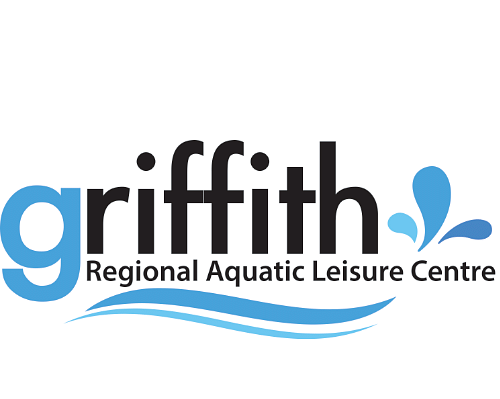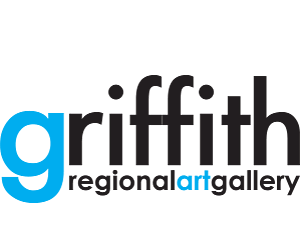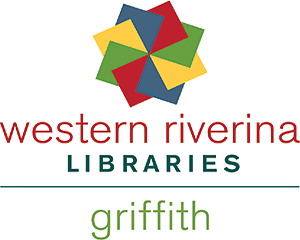Liquid Trade Waste
Liquid Trade Waste Information
"Liquid Trade Waste" means all liquid waste other than sewage of a domestic nature.
Griffith City Council offers an environmentally sound, commercially based service whereby commercial and industrial liquid trade waste may be accepted for processing by the sewerage system, subject to the conditions of the Trade Waste Policy.
Acceptance Standards for Liquid Trade Waste are largely set by the NSW DPI Water.
Council monitors the quality of effluent in the sewerage system, at the sewerage treatment plants and at the point of discharge at the end of the treatment process.
Customers whose business activities produce liquid trade waste are required to apply for a Liquid Trade Waste Agreement with Griffith City Council. Application forms can be obtained by contacting Council's Customer Service Counter. Customers must comply with the conditions of approval.
Pre-treatment facilities, such as grease traps, general purpose pits, averaging pits, corrugated plate interceptors, hydrocyclone separation systems etc., require maintenance and cleaning. All pre-treatment equipment require proper servicing to work effectively.
What is Waste Water?
Some examples of some industries that discharge liquid trade waste are wineries, food processors, metal finishers, service stations, restaurants, chemical manufacturers and motor mechanics.
In some cases, liquid trade waste from industrial and commercial operations may contain high concentrations of substances which could harm people or the environment, corrode or block sewer pipes, create odours or put extra demands for the sewerage treatment plants. To keep these harmful or hard-to-treat substances out of the sewerage system, Griffith City Council has a Liquid Trade Waste policy with strategies for controlling the volume and quality of liquid trade waste discharged.
Where does it go?
Once liquid trade waste enters the sewerage system, it is transported to a treatment plant. Some treated wastewater is recycled by Griffith City Council for on-site irrigation. Any water which is not recycled is discharged to drainage channels after treatment. The quality and quantity of wastewater discharged to channels is regulated by the NSW EPA.
Reducing Liquid Trade Waste
Originally, Griffith's sewerage system was designed to transport domestic sewage. However, as Griffith has grown, so has the number of commercial and industrial operations, resulting in a significant increase in the amount of liquid trade waste discharged to the sewer. As a result, demand on our treatment plants and on our waterways has increased.
It's important to keep the following facts in mind before discharging liquid trade waste to the sewer.
- Liquid Trade Waste that enters the sewer comes out either in the form of biosolids, recycled water or treated wastewater that is discharged to channels.
- Solid materials and grease can cause blockages in the sewerage system, resulting in sewer overflows where untreated sewerage is discharged to the environment.
- People work in and around the sewer and can be harmed if dangerous materials are discharged into the sewerage system.
The more we keep out of the sewerage system, the better it is for people, environment and protecting Council's assets.
Liquid Trade Waste Program
Griffith City Council's Liquid Trade Waste Program ensures that liquid trade waste discharged by industrial and commercial operations meets strict standards.
Liquid Trade waste agreements between Griffith City Council and its industrial and commercial customers may also specify such things as:
- the type of pre-treatment required
- how often the system needs to be serviced
- the substances that are allowed to be discharged
- the amount of liquid trade waste to be discharged
To encourage industries to reduce and pre-treat their liquid trade waste, Griffith City Council charges fees for the amount and type of liquid trade waste discharged to the sewerage system.
These charges cover the costs of transporting and treating liquid trade waste. It also allows industries to control the amount of liquid trade waste they discharge. The less they discharge, the less it will cost them.
Liquid Trade Waste Policy Guidelines - Adopted March 2011
For more information about Liquid Trade Waste please contact Griffith City Council on 02 6962 8100.






